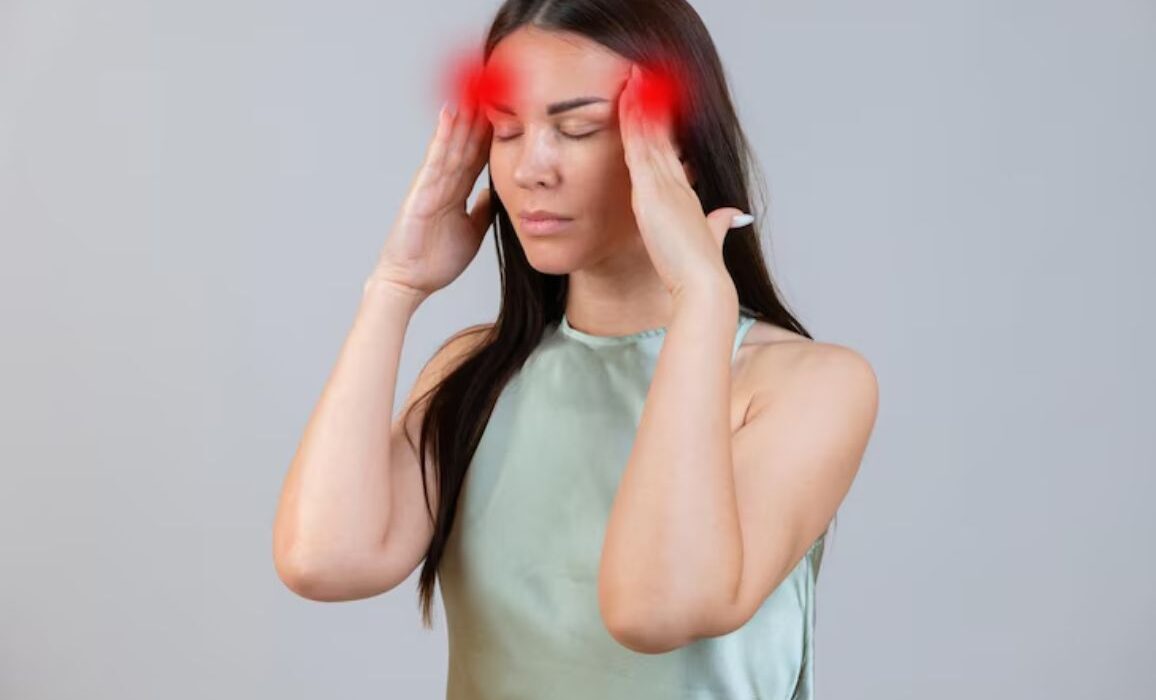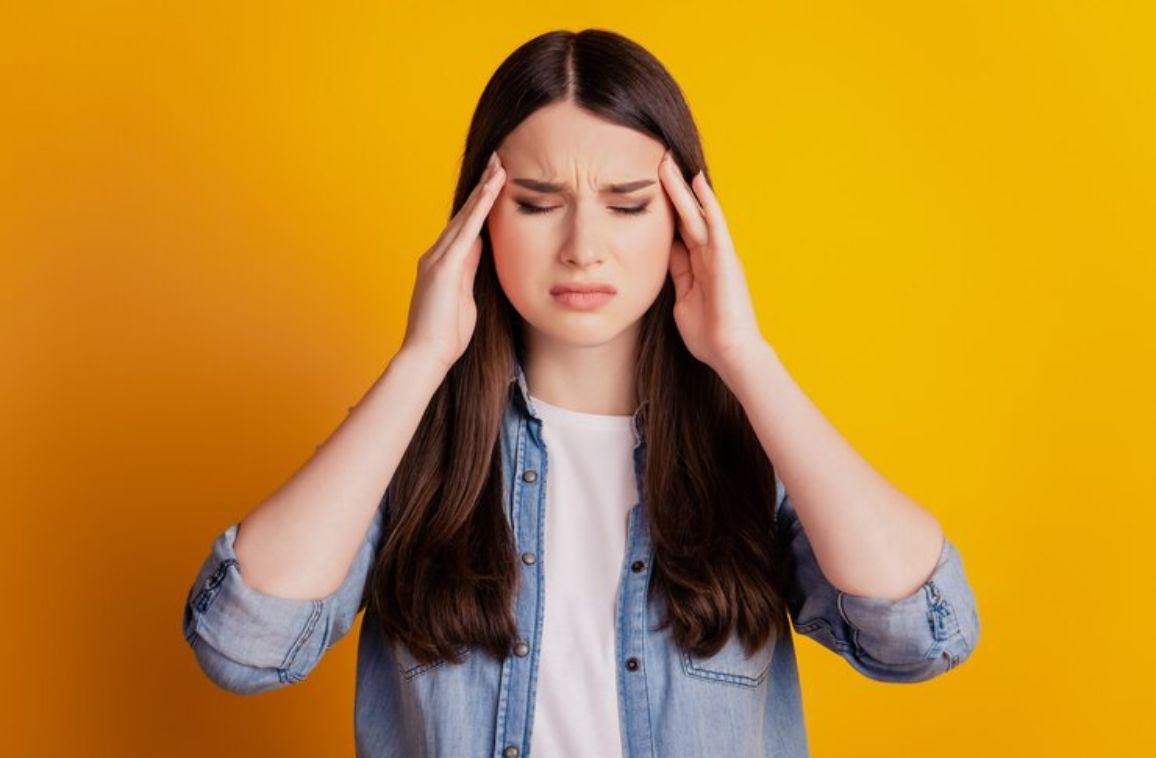How Stress and Anxiety Influence Migraine Symptoms
Stress and migraine symptoms are indeed linked together. While stress can trigger migraines, the uncertainty and unpredictability of migraines are no doubt the most common stressors felt by people living with migraines.
High levels of stress can also increase the frequency of attacks. Stress can trigger migraine headaches. Migraine symptoms can be distressing.
In cases where stress is, of course, a trigger, people can perhaps observe that this symptom can correlate with their migraine episodes.
Migraine symptoms can be chronic. Yet, scientists are not sure whether or how stress directly causes migraines.
Scientists are not quite sure why a few people develop migraines while others do not. Various factors are involved particularly genetics.
- Family dysfunction.
- Punitive parenting.
- Having a parent or caregiver with perhaps symptoms of depression.
Researchers have also observed that adverse childhood experiences can raise the risk. These do include events that can be traumatic, like abuse or the death of a parent. More research is required.
Can stress trigger migraine symptoms?
For people who are suffering from migraines, stress can be a trigger for their symptoms. It can indeed trigger an episode in many ways.
Stress can trigger migraine symptoms during acute stress. Having a migraine can be stressful in itself. For a few people, this may indeed create a cycle of stress and chronic pain.
Stress can result due to:
- Getting less sleep.
- Eating fewer regular meals.
- Forgetting to take one’s medications.
- Consuming more or even less caffeine than usual.
- Developing muscle tension in one’s neck, back, or jaw.
- Making use of substances, like alcohol, to relieve stress.
Can anxiety cause migraine headaches?
As with stress, few people find that anxiety can trigger their migraine symptoms. People can face anxiety due to migraines.
Why is stress a migraine trigger?
Scientists are not really sure what the exact relationship between stress and migraines is. Also, people have different responses to and coping mechanisms for stress, as well as different migraine triggers.
Stress does cause changes in the body that affect hormone levels, the nervous system, and the brain.
Can stress cause a chronic migraine?
It is also possible that stress can contribute to episodic migraine becoming chronic, although scientists have not been able to conclusively prove it.
Managing stress and migraine:
If a person has concerns that stress is contributing to their migraine symptoms, they can take steps to reduce or even manage them.
Stress reduction
If stress happens to be a migraine trigger, it is important to find ways to reduce stressors. This can help reduce symptoms and improve quality of life.
- Prioritizing: Eliminate tasks that are unnecessary or causing stress.
- Protecting one’s time: Scheduling time for self-care and avoiding scheduling too many activities.
- Making time for fun and also relationships: connecting with others and having fun can help relieve stress and also take a person’s mind off the things that are indeed worrisome. Scheduling regular time to spend with loved ones is good.
- Communication: Learn how to communicate assertively but respectfully, particularly when setting boundaries.
Relaxation therapies
Relaxation therapies help “switch off” the body’s stress response, thus lowering stress levels and being useful for migraine treatment.
Few approaches:
- Breathing exercises.
- Meditation.
- Yoga, or perhaps Tai Chi.
Biofeedback
Biofeedback is a good therapy that can help with both stress and migraine symptoms. It works to help people become aware of unconscious bodily functions like muscle tensing, breathing, and heart rate.
Anxiety treatment
Anxiety is overwhelming, but it is highly treatable. If a person has anxiety, seeking support helps.
Talk therapy is indeed an effective treatment for several types of anxiety.
Cognitive-behavioral therapy (CBT) works by helping someone identify how their thoughts affect their emotions and physical symptoms. A therapist teaches him or her to change his or her thoughts and beliefs.
Medication to reduce the symptoms of anxiety is also another option.
Conclusion
Stress and anxiety can trigger migraine symptoms in a few people.




